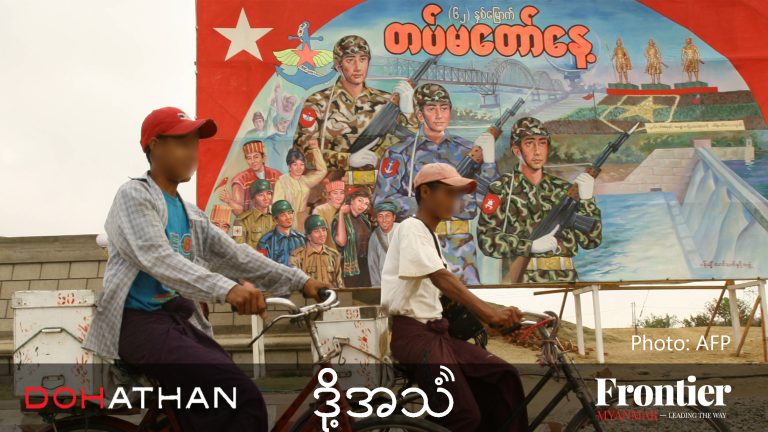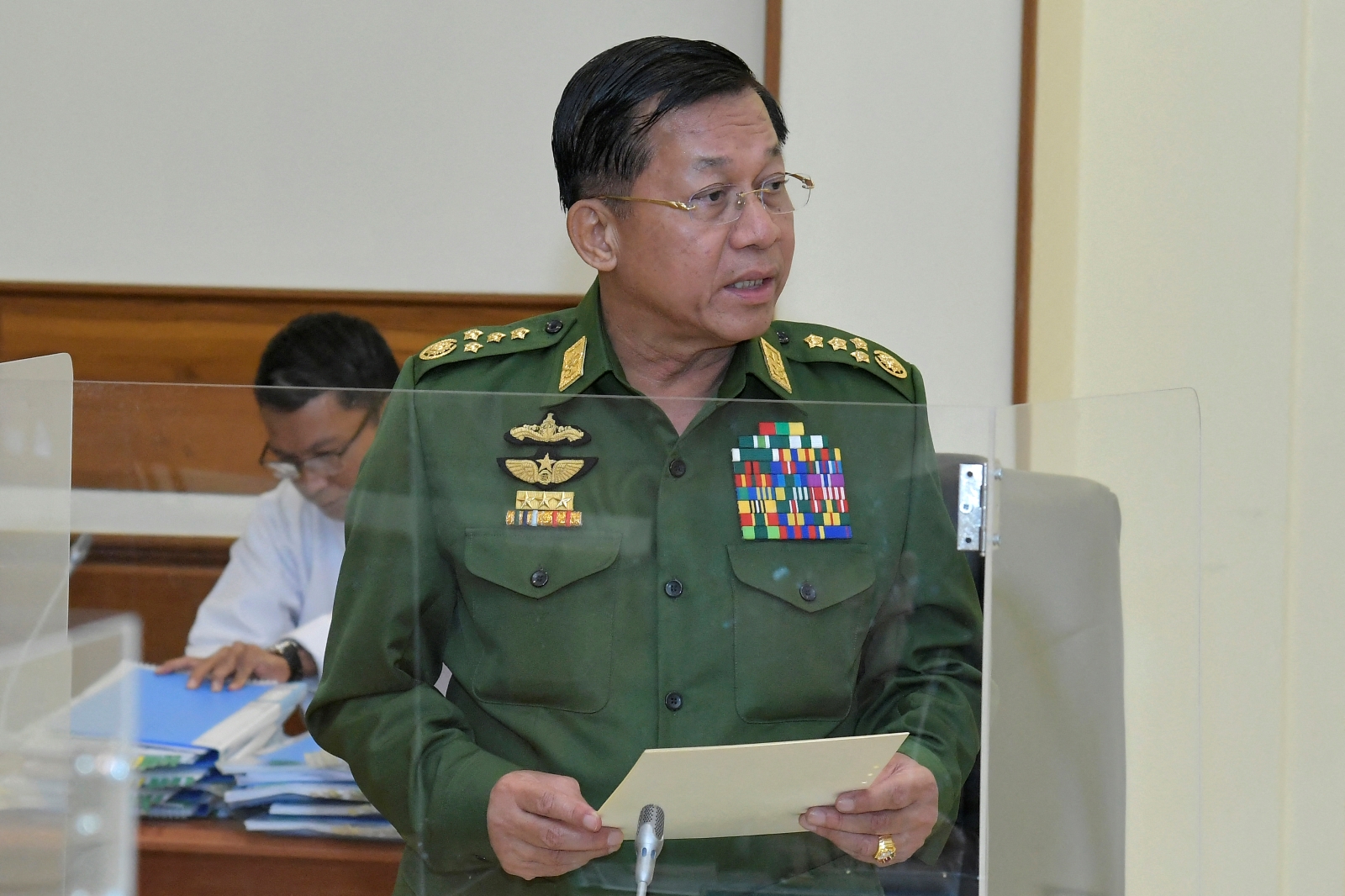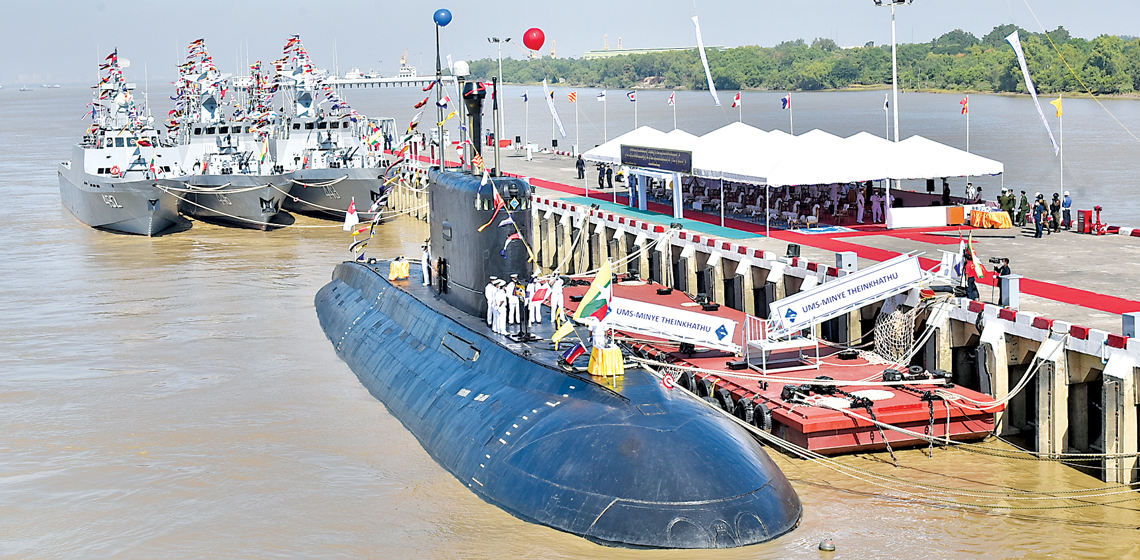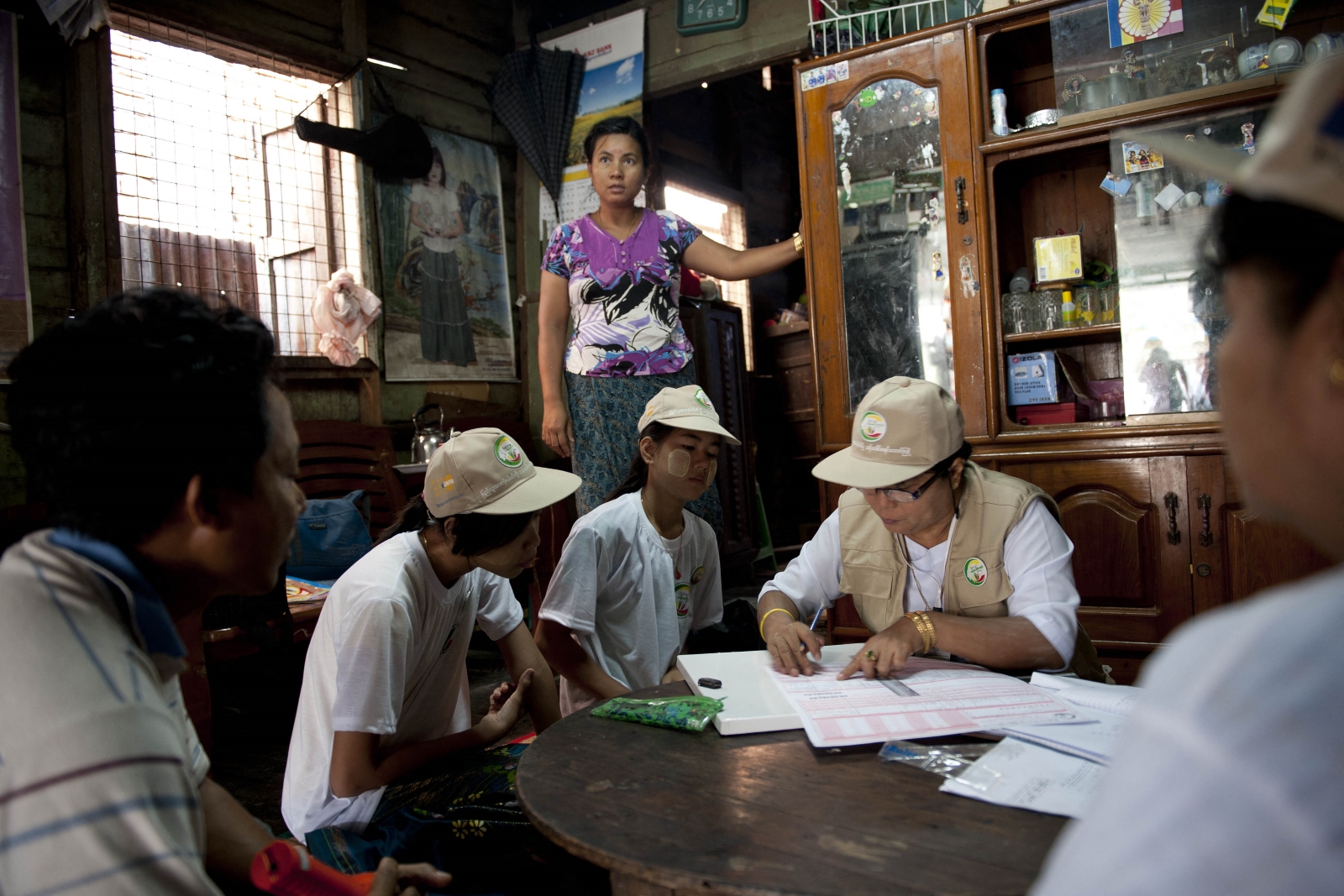Bad judgement in the forming of alliances has the potential to create political instability.
National League for Democracy leader Daw Aung San Suu Kyi has been visiting flood-affected areas to help distribute aid to victims. She has been using the opportunity to exhort voters participate in the November 8 election, saying it offers the best chance to bring change to the country in 50 years. The NLD leader has been telling flood victims that her party wants to win enough seats to elect a president and form a government to implement change. I want to focus this week on what is right and wrong with the NLD’s strategy.
To form a government, the NLD must be able to elect a president. To do that the party must control more than half of representatives in Pyidaungsu Hluttaw, the 664-seat Union assembly. Appointed Tatmadaw MPs have 25 percent of the seats in the hluttaws so the NLD needs to win more than 67 percent of the seats in 440-seat lower and 224-member upper house to secure the vote for the presidency.
Political parties in Myanmar fall into three groups. The first campaigns at the national level and aims to elect a president and form a government. It comprises the ruling Union Solidarity and Development Party and the NLD. The second are the ethnic parties whose want to gain control over the appointment of chief ministers in their respective states, with a secondary aim of dominating their state hluttaws to secure ministerial appointments. The third group comprises parties that hope to secure Union ministerial appointments through alliances with the party that forms the government.
The NLD must form alliances with ethnic parties to have any chance of controlling a majority of seats in the Pyidaungsu Hluttaw. Since the objectives of the NLD and the ethnic parties are different, it should theoretically be easy for them to form alliances. In the 1990 election for a constituent assembly they competed against each other. For this year’s election, the ethnic parties had hoped to be approached by the NLD to form alliances. The refusal of the NLD to join forces with ethnic parties is one of the NLD’s biggest tactical errors of the 2015 election.
Another of the NLD’s serious mistakes involves it having to win control of 67 percent of the Pyidaungsu Hluttaw to form government. To achieve this objective, the NLD will need the support of civil society groups and social organisations. The 88 Generation Peace and Open Society group is widely supported by the people and the NLD could have benefitted electorally from working closely with it. But Daw Aung San Suu Kyi spurned the attempt by prominent 88 Generation members to be included on the NLD’s election candidate list. The 88 Generation group has now said it will support democratic forces and ethnic parties instead of the NLD.
Support more independent journalism like this. Sign up to be a Frontier member.
Daw Aung San Suu Kyi’s other mistake has been her alliance with the ousted USDP chairman, Thura U Shwe Mann. There have been no formal statements about any agreement, but it is widely believed there was an understanding for NLD MPs and Thura U Shwe Mann’s supporters in the USDP to work together to elect a president, form a government and share power. Evidence of such an understanding emerged when Daw Aung San Suu Kyi said Thura U Shwe Mann’s removal as USDP chair would make their alliance stronger. It was also seen in the NLD’s role in the August 20 parliamentary defeat of the attempt by the USDP to debate a draft right to recall bill that could have been used to impeach Thura U Shwe Mann.
Some voices within the NLD say that Daw Aung San Suu Kyi needed to reject alliances with ethnic parties and the 88 Generation group to ally with Thura U Shwe Mann. This raises the question whether the USDP and the Tatmadaw will readily relinquish power if the NLD wins the election outright or in an alliance with Thura U Shwe Mann and his supporters.
President U Thein Sein and the Tatmadaw may accept a government formed by the NLD in alliance with ethnic parties. They are most unlikely to accept Thura U Shwe Mann becoming president with the support of the NLD and his supporters in the USDP. The Tatmadaw has already accused Thura U Shwe Mann of betrayal. Daw Aung San Suu Kyi’s alliance with Thura U Shwe Mann has the potential to create political instability before and after the election.






